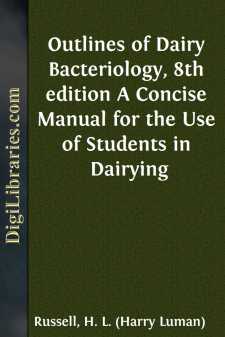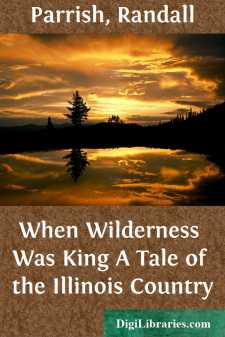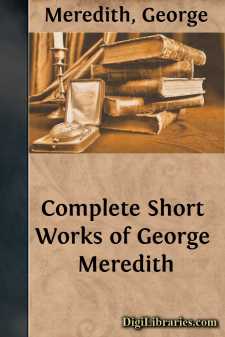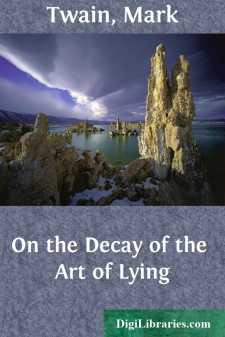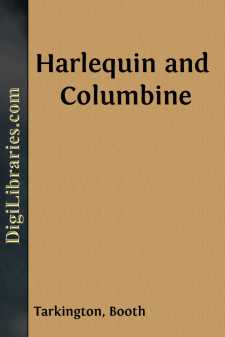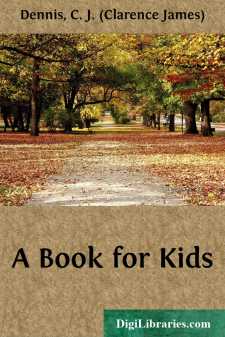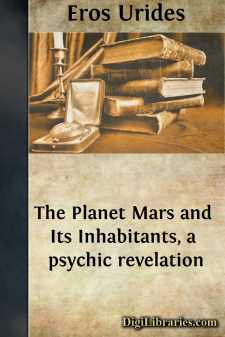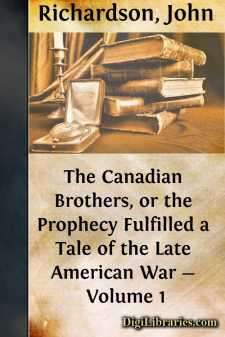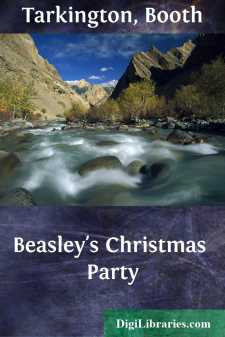Categories
- Antiques & Collectibles 13
- Architecture 36
- Art 48
- Bibles 22
- Biography & Autobiography 813
- Body, Mind & Spirit 142
- Business & Economics 28
- Children's Books 17
- Children's Fiction 14
- Computers 4
- Cooking 94
- Crafts & Hobbies 4
- Drama 346
- Education 46
- Family & Relationships 57
- Fiction 11829
- Games 19
- Gardening 17
- Health & Fitness 34
- History 1377
- House & Home 1
- Humor 147
- Juvenile Fiction 1873
- Juvenile Nonfiction 202
- Language Arts & Disciplines 88
- Law 16
- Literary Collections 686
- Literary Criticism 179
- Mathematics 13
- Medical 41
- Music 40
- Nature 179
- Non-Classifiable 1768
- Performing Arts 7
- Periodicals 1453
- Philosophy 64
- Photography 2
- Poetry 896
- Political Science 203
- Psychology 42
- Reference 154
- Religion 513
- Science 126
- Self-Help 84
- Social Science 81
- Sports & Recreation 34
- Study Aids 3
- Technology & Engineering 59
- Transportation 23
- Travel 463
- True Crime 29
Sort by:
CHAPTER I. STRUCTURE OF THE BACTERIA AND CONDITIONS GOVERNING THEIR DEVELOPMENT AND DISTRIBUTION. Before one can gain any intelligent conception of the manner in which bacteria affect dairying, it is first necessary to know something of the life history of these organisms in general, how they live, move and react toward their environment. Nature of Bacteria. Toadstools, smuts, rusts and mildews are...
more...
by:
Randall Parrish
CHAPTER I A MESSAGE FROM THE WEST Surely it was no longer ago than yesterday. I had left the scythe lying at the edge of the long grass, and gone up through the rows of nodding Indian corn to the house, seeking a draught of cool water from the spring. It was hot in the July sunshine; the thick forest on every side intercepted the breeze, and I had been at work for some hours. How pleasant and inviting...
more...
by:
George Meredith
THE WHITE ROSE CLUB In those lusty ages when the Kaisers lifted high the golden goblet of Aachen, and drank, elbow upward, the green-eyed wine of old romance, there lived, a bow-shot from the bones of the Eleven Thousand Virgins and the Three Holy Kings, a prosperous Rhinelander, by name Gottlieb Groschen, or, as it was sometimes ennobled, Gottlieb von Groschen; than whom no wealthier merchant bartered...
more...
by:
Mark Twain
Observe, I do not mean to suggest that the custom of lying has suffered any decay or interruption—no, for the Lie, as a Virtue, A Principle, is eternal; the Lie, as a recreation, a solace, a refuge in time of need, the fourth Grace, the tenth Muse, man's best and surest friend, is immortal, and cannot perish from the earth while this club remains. My complaint simply concerns the decay of the...
more...
by:
Booth Tarkington
For a lucky glimpse of the great Talbot Potter, the girls who caught it may thank that conjunction of Olympian events which brings within the boundaries of one November week the Horse Show and the roaring climax of the football months and the more dulcet, yet vast, beginning of the opera season. Some throbbing of attendant multitudes coming to the ears of Talbot Potter, he obeyed an inward call to walk...
more...
A BOOK FOR KIDS THE BAKER I'd like to be a baker, and come when morning breaks,Calling out, "Beeay-ko!" (that's the sound he makes)--Riding in a rattle-cart that jogs and jolts and shakes,Selling all the sweetest things a baker ever bakes;Currant-buns and brandy-snaps, pastry all in flakes;But I wouldn't be a baker if . . .I couldn't eat the cakes.Would you? THE DAWN...
more...
Are There More Worlds Than One? Our world is large enough to excite our interest and invite our study until we close our eyes in death. Yet there are countless other orbs scattered through the solar system and throughout the vast stretches of the starry heavens. Some of these worlds are smaller than ours, but the majority of them are hundreds or thousands of times larger. Looking away from our solar...
more...
by:
Eros Urides
CHAPTER I. Years ago, as you measure time, I was an inhabitant of Mars, your sister planet. My name is Eros Urides (the latter signifying "of Urid"). But a physical name is only an incidental in one's life. In the Spirit world we are given a name in accordance with our spiritual qualities and gifts and the kind of work we do. I came into material being as the fruit of the sacred union of...
more...
by:
John Richardson
DEAR SIR,—I beg to acknowledge the receipt of your letter of the 9th, and to acquaint you that His Majesty acquiesces in your wish to be permitted to dedicate your new work to him. I remain, Dear Sir, your faithful Servant, (Signed,) H. TAYLOR. Lieut. RICHARDSON, &c, &c. &c.H. P. 92nd Regt. By the above letters, two material points are established. The first is that, although works of...
more...
by:
Booth Tarkington
The maple-bordered street was as still as a country Sunday; so quiet that there seemed an echo to my footsteps. It was four o'clock in the morning; clear October moonlight misted through the thinning foliage to the shadowy sidewalk and lay like a transparent silver fog upon the house of my admiration, as I strode along, returning from my first night's work on the "Wainwright Morning...
more...


